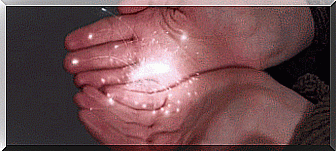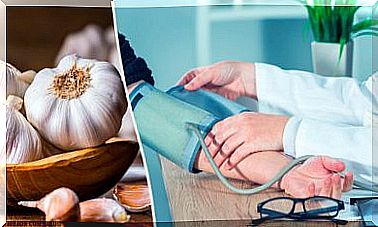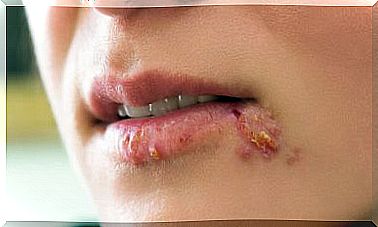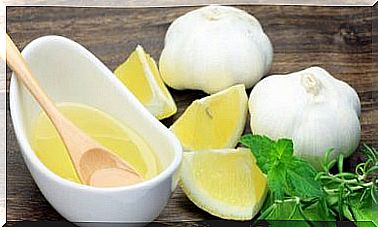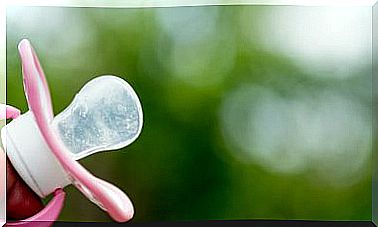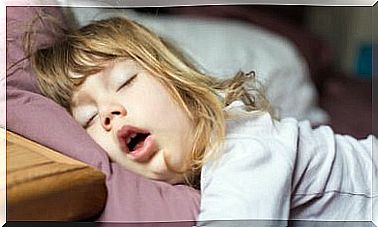Seasonal Allergies: Causes, Symptoms And Treatment
If you have a seasonal allergy, it is important that you know its triggers and possible treatments. And do not forget to incorporate some tips to combat it.
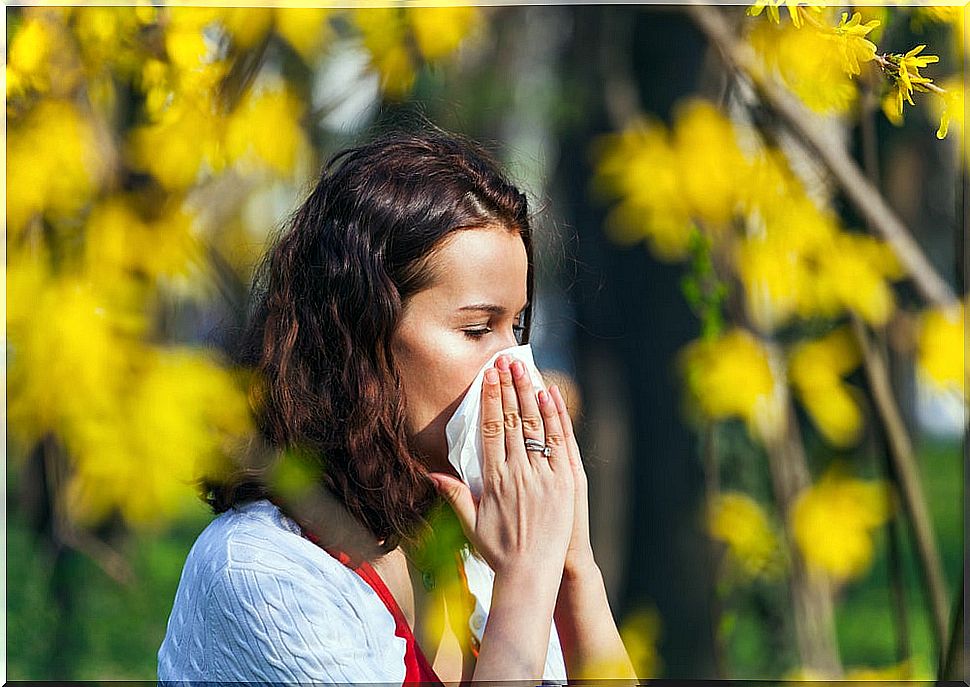
Seasonal allergies, also known as hay fever or seasonal allergic rhinitis, have symptoms that occur during certain times of the year: sneezing, sore eyes, or a stuffy nose.
Discover in this article some keys that can help you if you suffer from this type of allergy.
What are seasonal allergies?
Your doctor can confirm that you have seasonal allergies when the classic symptoms appear every year at the same time : congestion, sneezing, and runny nose.
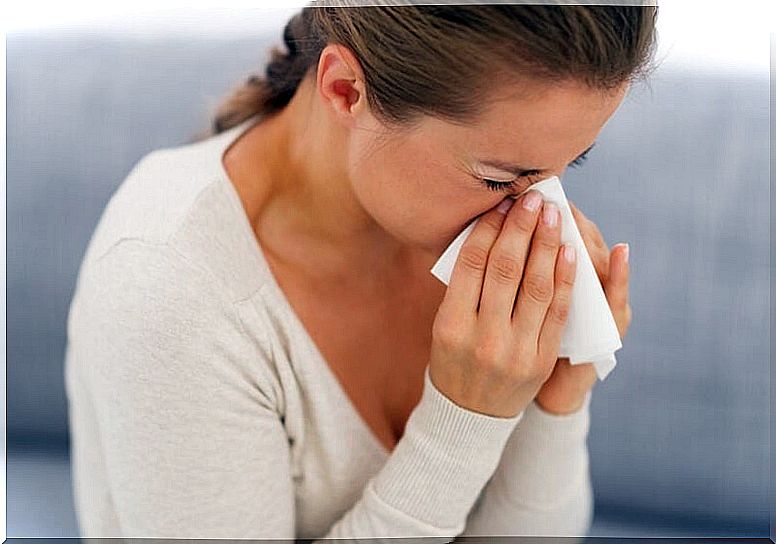
There are trees, shrubs, plants, and grasses that release tiny pollen particles or spores into the air. The concentration of this outdoor mold constitutes an allergen for some people, who react with different degrees of sensitivity.
The immune system detects these types of spores as invaders. And, to defend itself, it releases certain chemicals into the blood that cause allergy symptoms.
Symptoms
According to the following article published by Healthy Children Magazine , seasonal allergies appear at the same times of the year. Symptoms, which are capable of lasting for several days in a row, include:
- Nasal mucosa overproduction.
- Congestion.
- Eye redness
- Sneezing
- Cough.
- Tearing
- Itches
Treatment
As the specialist J. Subiza Garrido-Lestache explains, there are times when the concentration of pollen in the environment is higher. However, for those who suffer from seasonal allergies, the solution is not to stay at home.

The allergist can offer you a specific treatment to relieve the discomfort. Among the different options are:
- Nasal corticosteroids : This medicine is used to treat inflammation inside the nose. It is applied once or twice during the day.
- Antihistamines : the use of antihistamines, with a prescription, minimizes itching of the skin.
- Decongestants : if the treatment is short-term, they offer some improvement. However, prolonged use is capable of causing the opposite effect. Decongestants are contraindicated in people with high blood pressure. And it is not recommended to exceed 2 or 3 days of use.
- Allergy shots : If the symptoms are disabling or more severe, the doctor will choose to vaccinate the patient.
- Anti-allergy pills : administered on the days of the year when the allergic outbreak occurs. They dissolve under the tongue and have an effect similar to that of vaccines.
It is important to note that most of these medications cause drowsiness. So they can be unsuitable if you have to drive or use dangerous machinery.
Advice
These tips will help you if you have a seasonal allergy:
- In weather forecasts, they usually indicate the concentration of pollen in the environment each day. Knowing this information will help you plan outdoor activities.
- Another piece of information that will help you is to know the type of pollen to which you are allergic ; since each plant has its flowering in a specific month of the year. In this way, you can organize yourself to cope with the discomfort in the best possible way.
- Taking a bath or shower before going to bed will remove pollen from your skin.
- Closing the windows of the house, as far as possible, will prevent the entry of the agents that cause the allergy.
- Wearing a mask is also advisable if you have to go out into an open space where you are exposed.
Natural remedies for seasonal allergies
Along these lines, some natural tips can also be effective in preventing seasonal allergies:
- Check with your doctor to include spirulina in your diet. In this sense, a study published in 2015 showed favorable results.
- Also, the pediatrician Maite Callén Blecua suggests in her work avoiding foods with a lot of histamine. Like sausage or seafood.
- Take probiotics or, where appropriate, their supplements.
- Drink enough water.
- Among the natural remedies, without a doubt, nettle stands out. An effective medicinal plant for seasonal rhinitis.
- In turn, there are homeopathic remedies for each type of allergy that are useful in the long term.

If you have severe seasonal allergies, consult your doctor for tests to better detect the specific case. In this way, you can determine which measures and treatments are most likely to work best for you.

